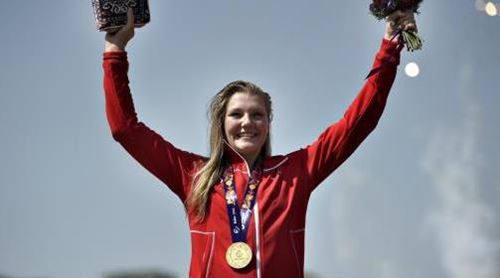As the curtain comes down on the inaugural European Games in Baku, Azerbaijan, the Danish team is extremely pleased with the 12 medals its competitors are bringing home.
Fielding a 65-strong team, the Danes easily surpassed the five-medal pre-tournament aspirations by securing a total of 12 medals (4 gold medals, 3 silver and 5 bronze) – although Team Denmark and the national athletics association DIF don’t count the three swimming bronze medals that were won in the youth competition.
“If we look at the games through Danish eyes, it’s surpassed all expectations,” said Morten Rodtwitt, the chef de mission for Team DK.
“We started slowly medal-wise, but over the final days it practically rained Danish medals in Baku. Badminton led the way with five medals, including three gold.”
“A year before the Olympic Games we don’t just look at medals, but also performances and the form of the individual athletes.”
READ MORE: Denmark hoping to bring home at least five medals from the first European Games
Top Nordic nation
Denmark finished 16th in the overall medal ranking, the best in Scandinavia well ahead of Sweden (29th with 7 medals), Norway (38th with 2 medals) and Finland (40th with 1 medal).
Russia dominated the games, amassing 164 medals followed by hosts Azerbaijan, Britain, Germany and France. Italy, Belarus, Ukraine, the Netherlands and Spain rounded up the top 10.















